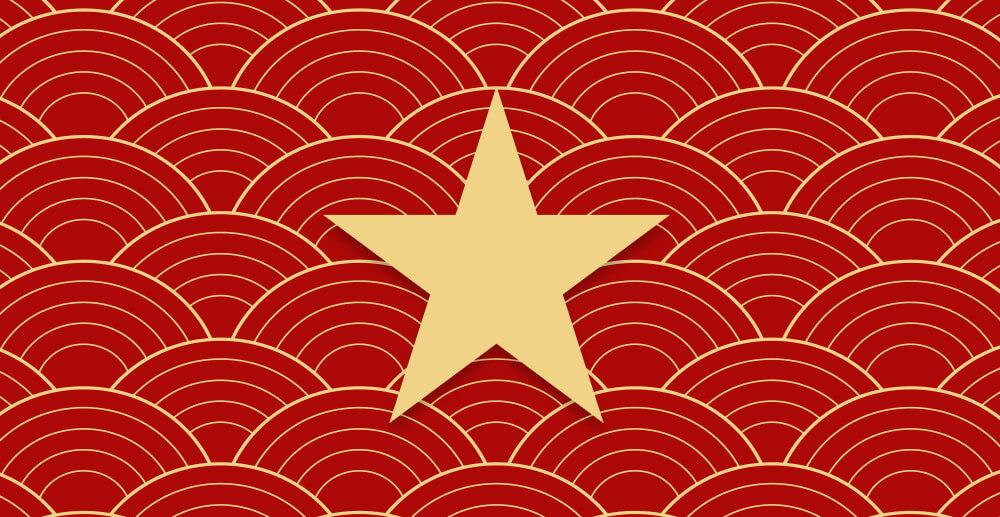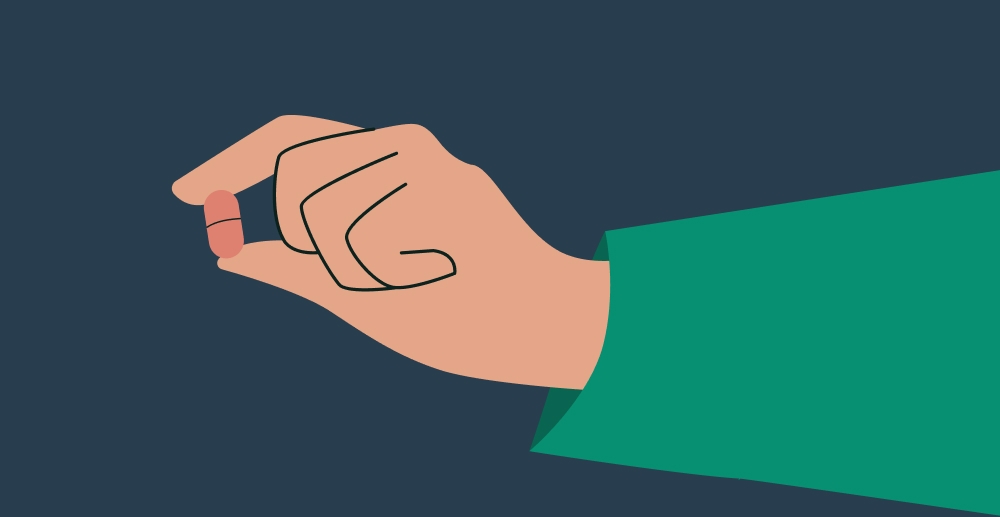Lara knew she was addicted to pills, but was in denial about her love addiction. She had to face it before she could love herself.
I deserve love. I write it out on my mirror, as my therapist suggests, and I repeat it to myself multiple times a day. I think it’s bullshit. Why do I have to keep telling myself this? She keeps assigning me tasks that I don’t want to do, and I’m tired of all this talk about self-love and vulnerability. I don’t want to focus on my “abandonment issues” for one more minute. She tells me I won’t heal if I won’t do the work. She says that maybe I am unwilling to do the work because I don’t want to change. She believes I’ve grown accustomed to a cycle of abuse and that abuse is my new norm. Maybe she’s right.
I was in denial about my issues with relationships
I’ve done a trauma egg, a relationship chart, an in-depth examination of my entire childhood, and I’ve answered every single question in the 300-page booklet they gave me at treatment. I’m just so tired. I’m tired of looking this deeply and intimately at my history. I’ve got all these feelings, and now I really have nowhere to escape. For the first time in my sobriety, I’m addressing not only my issue with drugs, but my issues with love and men, and possibly even sex.
I didn’t realize I was addicted to love until I tried to stop misusing drugs. I discovered that when I was unable to change my reality with drugs, then I would do so with men, specifically relationships. I had a compulsive desire to be high and to escape my own feelings and emotions. I found myself involved in a game of addiction transference, and it was glaringly apparent to everyone but me. I had been kicked out of rehab three times for getting into relationships with men.
Love addiction can be obsessive and destructive
There are a number of names for this phenomenon: cross-addiction, addiction transference, addiction replacement, etc. Cross-addiction is defined as the instance when one compulsive behavior is exchanged for another compulsive behavior. It’s the tendency to substitute one addiction for another. Apparently, and neurologically speaking, it’s the desire to cope with a perceived lack of dopamine in the brain. And guess what? I needed my dopamine.
Every time I tried to treat my drug addiction I found myself falling mercilessly “in love” with another human. I don’t know how I picked my partner—all I know is that I become fixated on one person and I had to have them. The person became the big red center of a bullseye and I targeted them. My behavior was predatory, but that’s how one behaves when they feel like they’re fighting to survive. Dopamine was my survival mechanism.
When people talk about love addiction, it’s not love that we become addicted to—it’s the euphoria, obsessive highs, security, and power. It’s the way the relationship makes us feel. Just as a drug addict has an obsessive desire to be high, a love addict feels the exact same way about her partner or conquest of choice. My thoughts became obsessive; I couldn’t focus or think about anything else but my “love.” I would do whatever I had to do to maintain the relationship, because it fed my need for dopamine, just as the drugs did. If you think trying to quit one addiction is hard, try having to quit two simultaneously.
I needed to address all of my addictive behaviors to be happy in recovery
The best thing I ever realized is that I would never be able to stay sober if I didn’t face my love addiction head-on. The poet Yung Pueblo says, “I was never addicted to one thing. I was addicted to filling a void, with something other than my own love.” I work hard every single day to overcome my addiction to love and drugs. It does get easier.
Every day, I wake up, ready to face my addiction, and I see the phrase written on my mirror: I deserve love. Finally, I discover that I truly do deserve love. My own.









